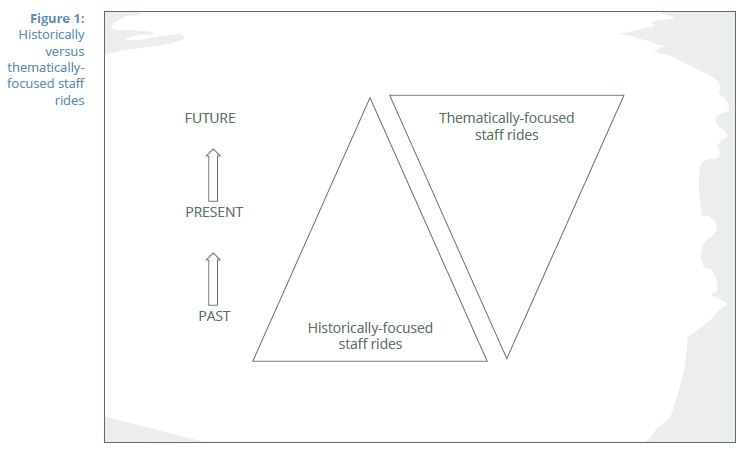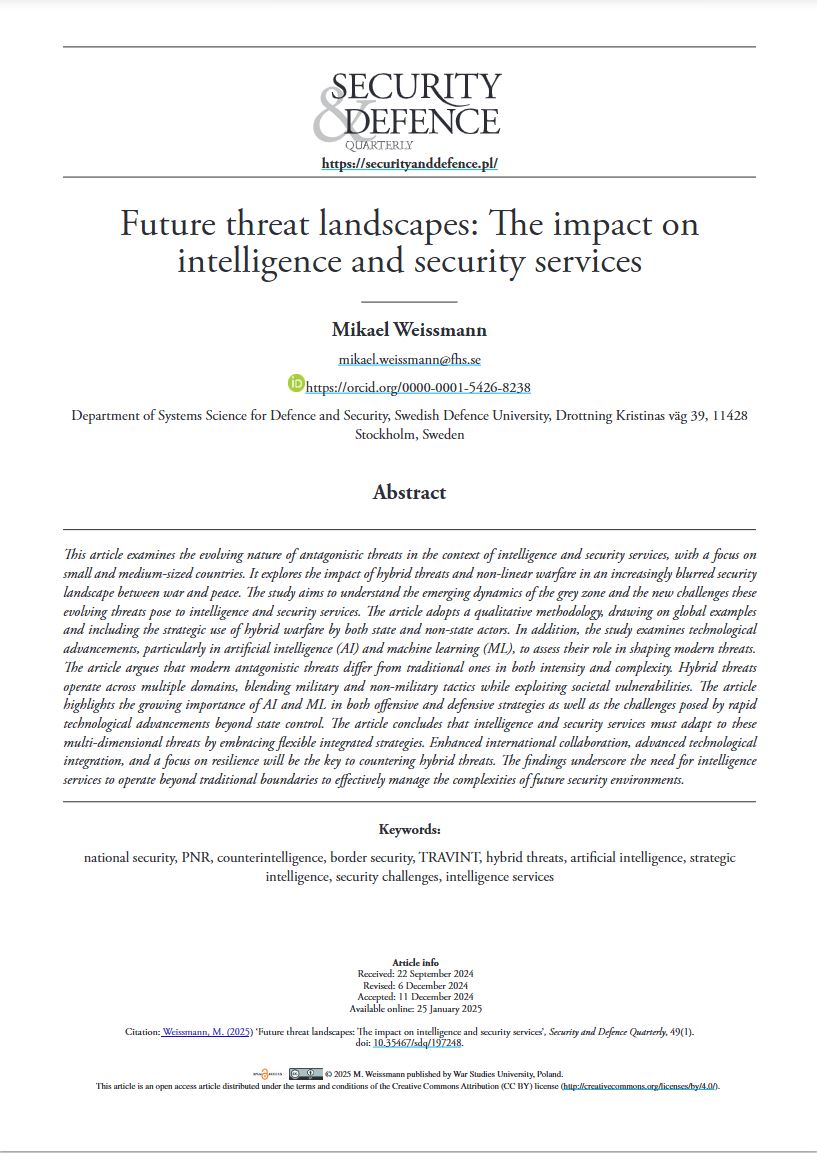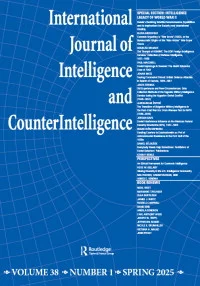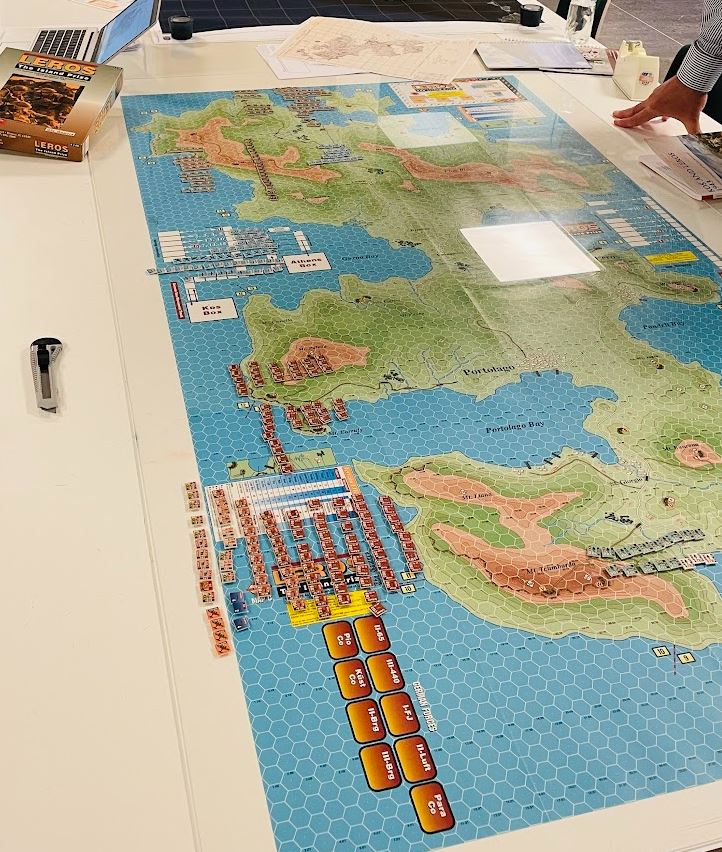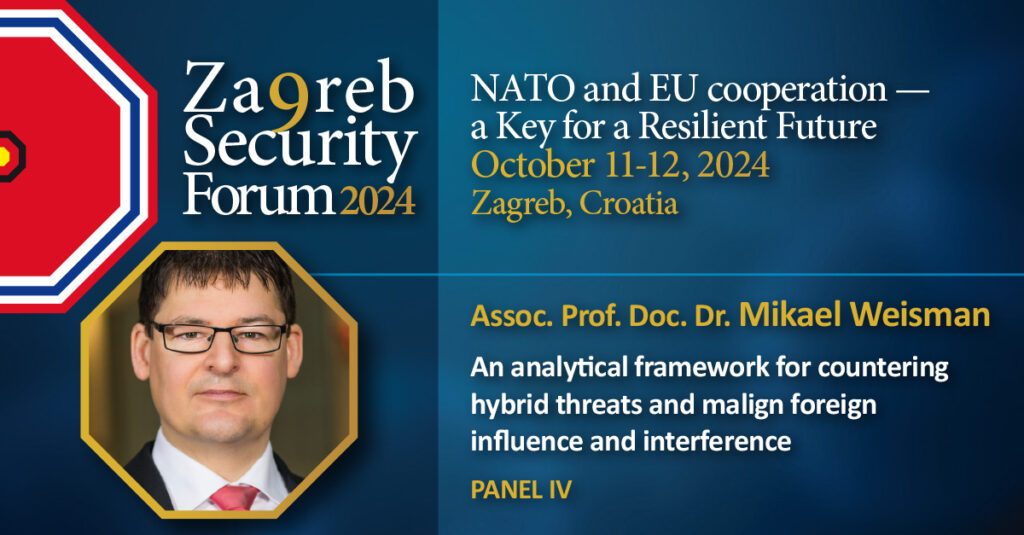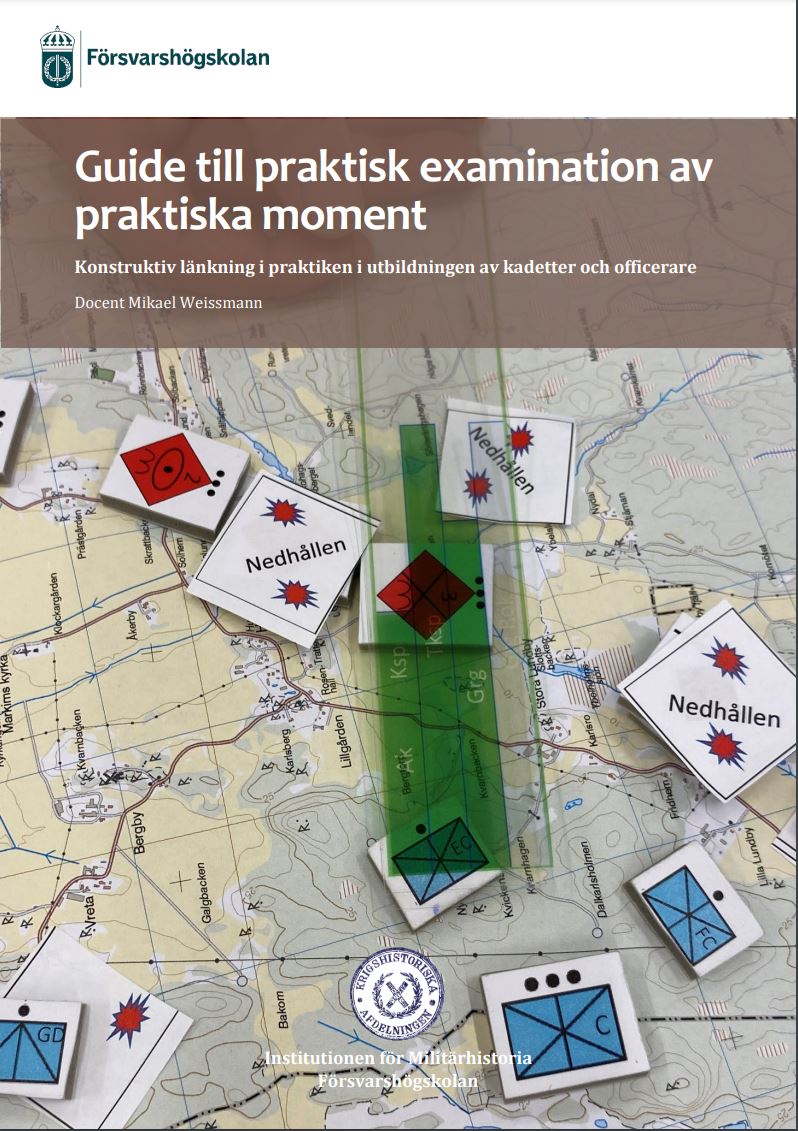Between 5–18 April 2025, I had the opportunity to conduct a research trip to Uzbekistan together with Dr Johan Engvall from the Stockholm Centre for Eastern European Studies (SCEEUS) at the Swedish Institute of International Affairs (UI).
During our visit, we engaged in productive discussions with several key institutions, including the International Institute for Central Asia, the Institute for Advanced International Studies at the University of World Economy and Diplomacy, the Development Strategy Center and the Center for Progressive Reforms. As part of the visit, we also took part in a round table discussion on the new security situation and EU-Central Asian relations hosted by the Center for Foreign Policy Studies.
We also travelled to the Autonomous Republic of Karakalpakstan, conducting a number of fruitful meetings with government officials as well as representatives from the Karakalpak State University. We also had the opportunity to visit the International Innovation Center for the Aral Sea Basin, learning about their work.
The visit provided valuable input for ongoing research and reinforced avenues for continued academic exchange. The discussions offered nuanced insights into Uzbekistan’s institutional priorities and strategic outlook, enriching our understanding of the evolving regional dynamics. We were met with a high level of openness and hospitality throughout, which greatly facilitated the depth and quality of our engagements. The meetings contributed substantively to shaping future lines of inquiry and collaboration.





